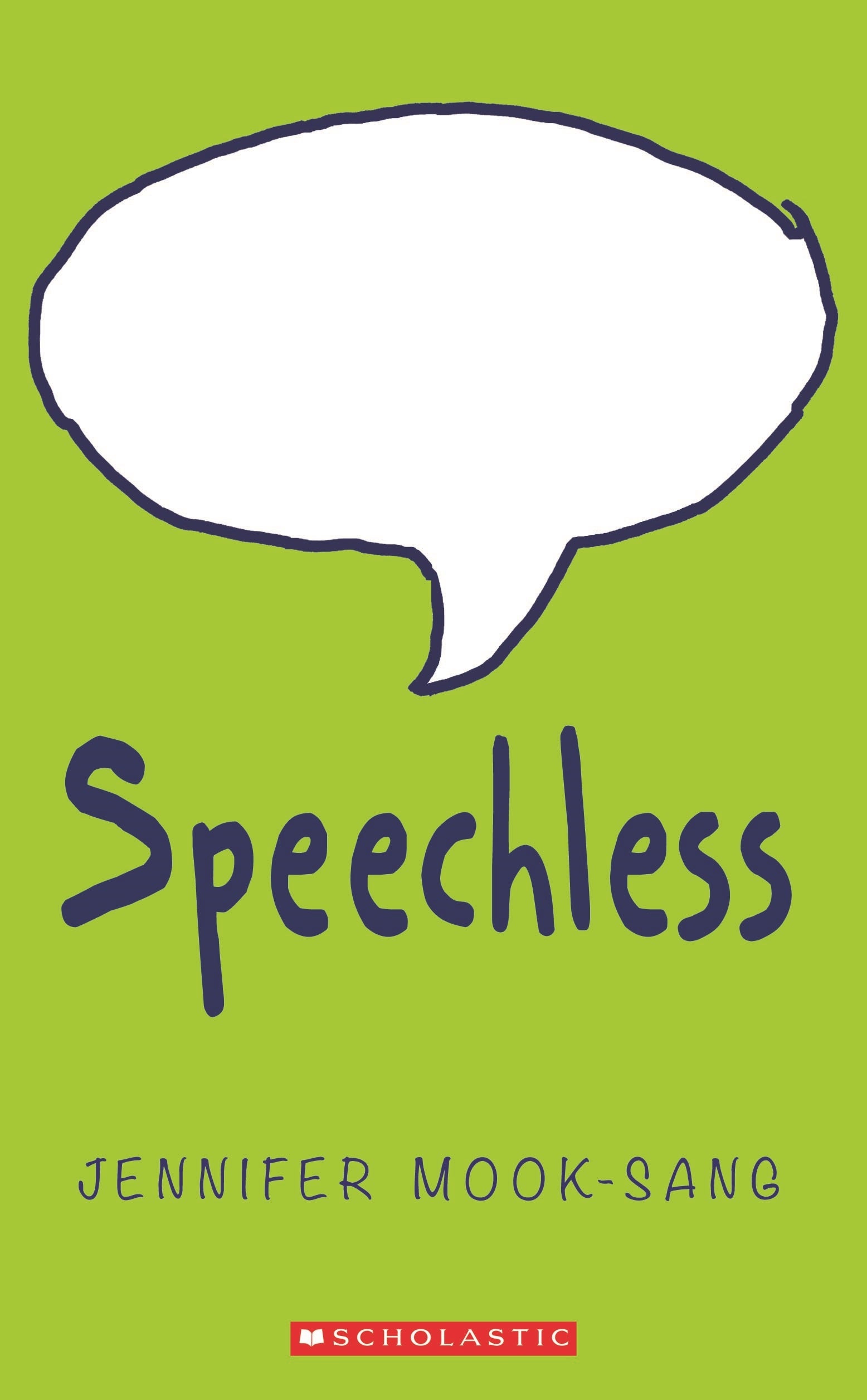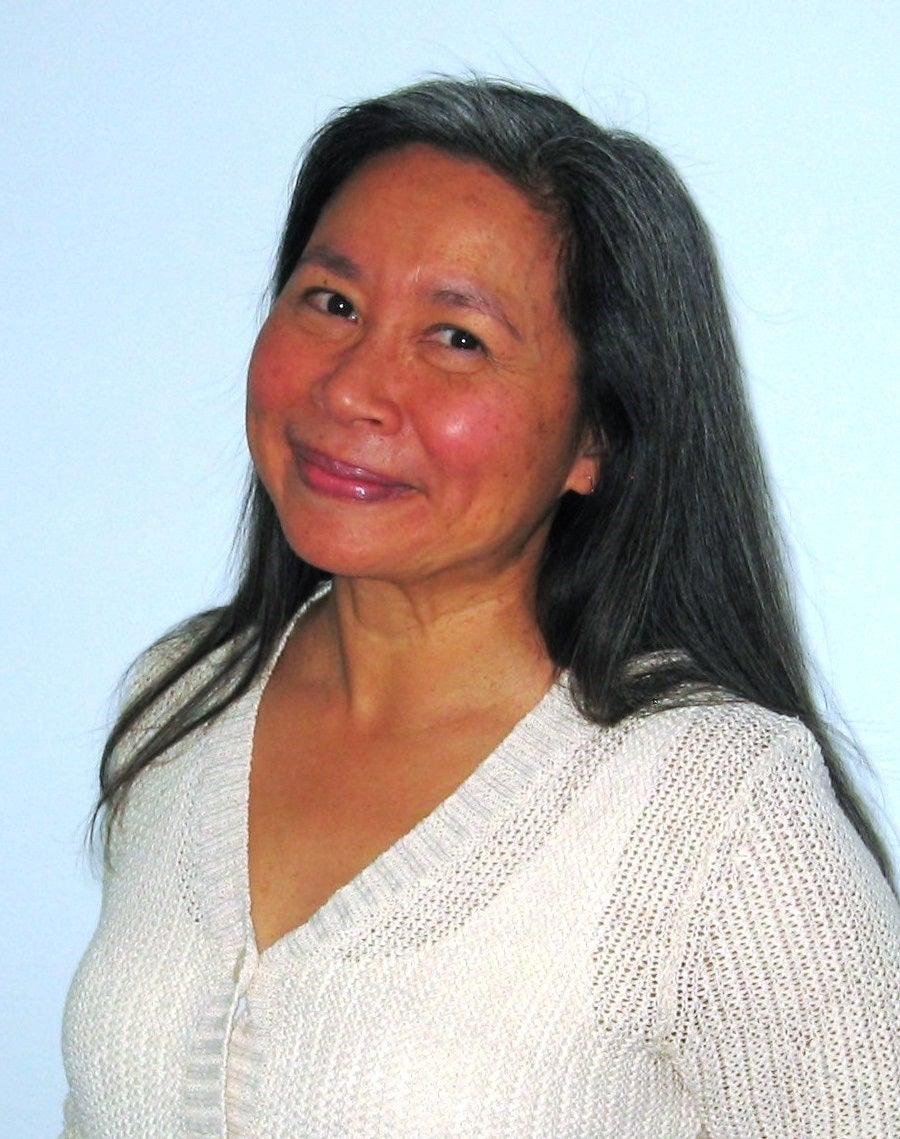
Written by Jennifer Mook-Sang (MASc ’84)
I’ve always enjoyed the company of kids, appreciating their openness and general silliness. But, I pity the children I practiced testing on, while I was a student in the MASc Applied Psychology program. Along with lectures in child development, abnormal behaviour and (yikes!) statistics; I was given practical training in intellectual and educational assessment.

After graduation I worked as a psychometrist in school and hospital settings. For the sake of efficiency, assessments and reports were infinitely shorter. The kids I tested and their parents suffered less (I hope) but my recommendations still led to improvements in their learning environments (I double-hope).
But today, I no longer do child assessment. Instead, I list my occupation as ‘writer.’ It’s been a longish road with a steep learning curve to this new career. In looking back, I see how my training at the University of Waterloo has served me well in getting here.
Here are the top 5 ways the MASc program prepared me to be a children’s writer:
- It helps that I find children pretty amusing, but assessment trained me for close observation and accurate description of those interesting things kids do.
- I learned that there are as many ways to interpret an action as there are people observing. This has helped me understand that ‘truth’ is subjective but always a worthy goal.
- Practicing interviewing skills taught me to listen more than I talked.
- I slowly realized that every child and family is different and each has their own reality (which doesn’t always match the options listed in textbooks). See #2.
- Report writing taught me to explain CLEARLY and CONCISELY (well maybe not so much the concisely part), the cornerstones of good writing.
Mostly, I discovered that choosing the right words to capture the child’s personality (the difference between ‘strong-willed’ and ‘obstinate’) made each one a tiny character study. Writing this section was the part of the report I liked best though it often was the hardest. And now I place my observations into the context of plot, dialogue and action—and get to create my own ‘truth.’ I hope that the books I write will serve in turn to entertain the young people I find so fascinating.
The Book
I’m proud to announce the September release of Speechless, a humorous novel for ages 9 to 12, published by Scholastic in Canada and Australia. Speechless was also nominated as one of the finalists of the 2016 Silver Birch fiction award.
Speechless is available at indigo.ca and amazon.ca. Read an excerpt at Scholastic Canada.